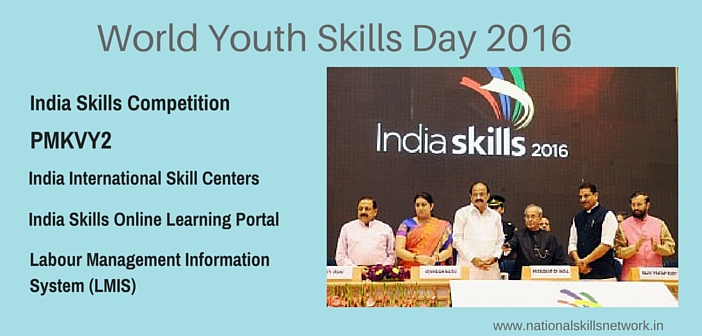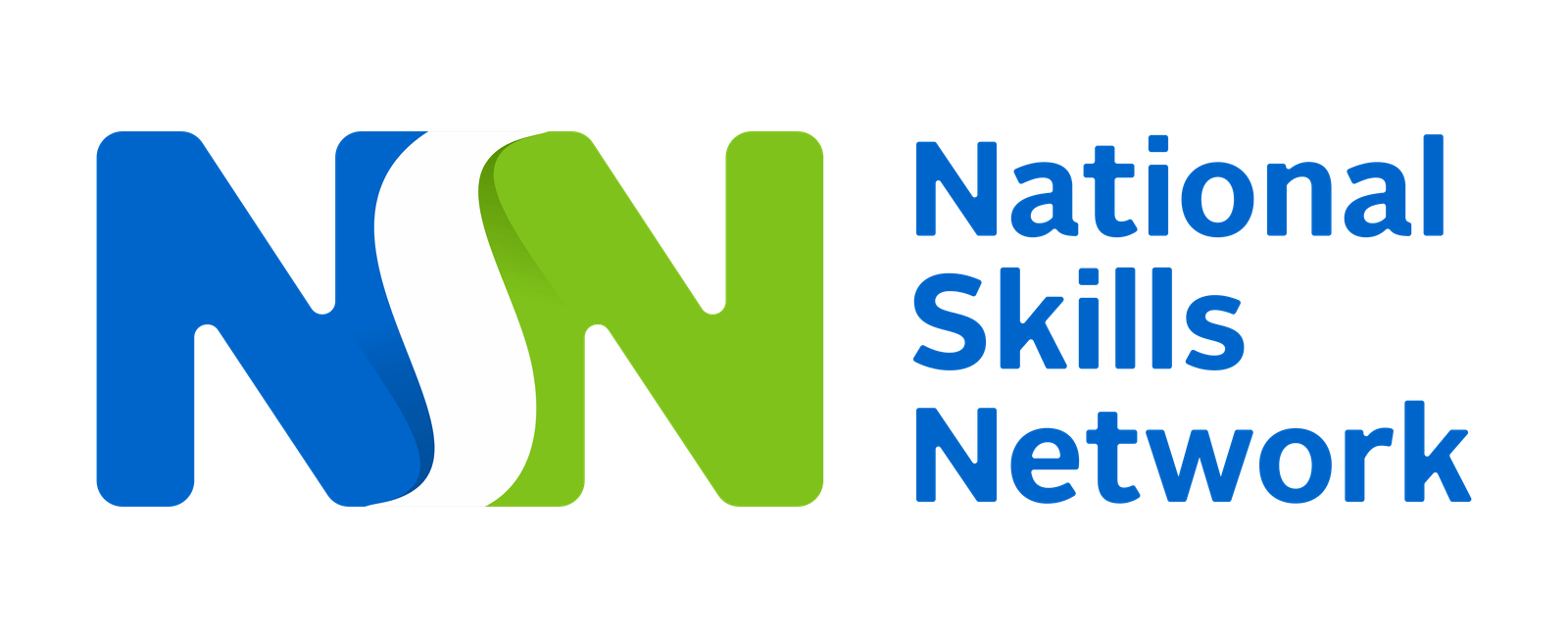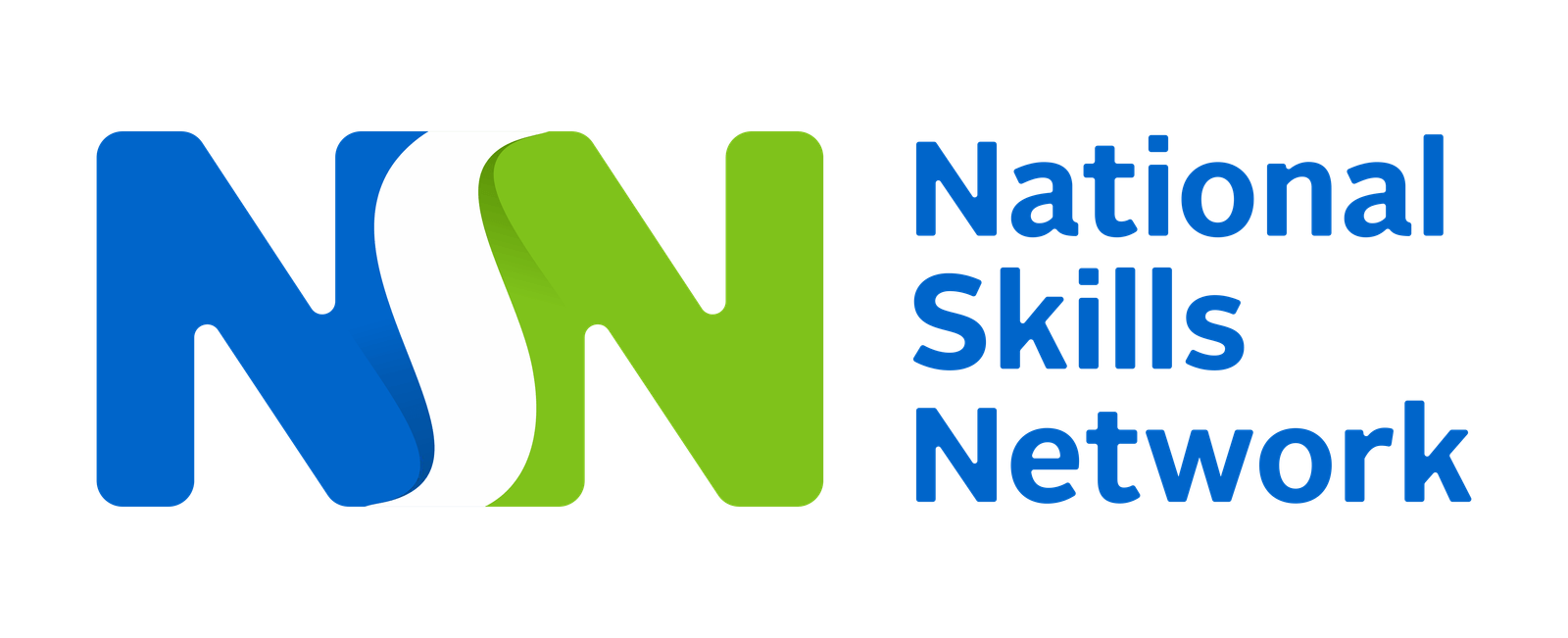With unparalleled advocacy and tremendous excitement, World Youth Skills Day on 15th July 2016 was a landmark day for skill development, employability, training, vocational education and self-employment. It was heartening to see the competitions, events, and seminars being held to celebrate various aspects of being skilled. To make Skill India a success, we need to take ground level realities into consideration while chasing targets and driving results and outcomes. Let’s put together some action points* that are critical in effective implementation of schemes and projects with a single minded goal of positively impacting youth in urban and rural areas, employed workforce and women who are first-generation job seekers, employees and entrepreneurs.
Here’s the link to view reports and press release from Government of India: Press release on World Skills Day India Celebrations and a report and a detailed press release on PMKVY2.
 Look beyond numbers: What cannot be measured, cannot be managed – going by this maxim, we seem to be over concerned with number of people trained and placed in jobs. Figures do matter, but let’s remember that promoting skill based education and vocational training is also about making changes in the economic, sociocultural and historical fabric of India. And, this means making dents in an education-employment-employability system that is deeply ingrained in our socioeconomic ethos. So, expecting a radical transformation in a year or two or even 5- 10 years is as unrealistic as expecting every trained person to get placed in the right job immediately.
Look beyond numbers: What cannot be measured, cannot be managed – going by this maxim, we seem to be over concerned with number of people trained and placed in jobs. Figures do matter, but let’s remember that promoting skill based education and vocational training is also about making changes in the economic, sociocultural and historical fabric of India. And, this means making dents in an education-employment-employability system that is deeply ingrained in our socioeconomic ethos. So, expecting a radical transformation in a year or two or even 5- 10 years is as unrealistic as expecting every trained person to get placed in the right job immediately.
Strategic positioning: Emphasis on skill based training – does it sound like a parallel system that would run along the mainstream education? Or are we inadvertently reinforcing the popular stigmatized notion of “vocational stream is for other person’s child and not mine”? For the complexities of our educational system, we need multiple interventions to address multiple realities. If RPL can bridge the gap between informal and formal systems, why not promote similar core values that blend skill development with regular degrees and university curriculum. Smartly positioning skill based learning in an inclusive way clears many hurdles in conveying value.
Seek interoperability: One of the ways to make an ecosystem evolve is to ensure interoperability between frameworks, standards and industry norms. This will also help in speeding up the impact and results by valuing quality through flexible means. NSQF or MES or similar give frameworks guidelines and norms; if we are able to demonstrate and meet the expectations through other means, let there be credits for it. These frameworks should become friendly tools for implementation and not bottlenecks that could thwart the good intentions and dilute the standards and impact.
Approaching low-achievers: If most skilling programs are targeted at dropouts, low achievers and underprivileged, are we approaching them in the right way? This has been one of the most important issues in mobilizing youth. This has to be seen in the larger picture of society where we have already branded them as non-performers who haven’t been able to meet the expectations of a single unified system of education. How about a pre-mobilization activity where we understand them better, learn about the reason for discontinuing formal schooling or college and match their innate talent with right skills – however impractical this may sound!
Abandon chalta hai attitude: Whether it is in training or work, the all –pervasive attitude of compromising on the quality of deliverables has a direct impact on the demand-supply equations of labour market. These trade-offs often become glaring reasons for an SME or an MSME to respect skilled workforce and continue to ignore the need for it, thereby impacting the larger skill development and employment value chain. If we seriously wish to connect Skill India with Make in India, we should make conscious effort to overcome this non-professional way of doing things, particularly considering the global standards.
Embrace digital technologies: With the rapid increase in the number of mobile phone users and Wi-Fi networks being one of the necessities, there is huge potential to tap these technologies for training and assessments. Learning, information sharing through active collaboration, especially in Indian language expands the scope of skill development to unreachable areas where technology can go faster than the trainers. Blending technology based approaches with human interaction could enable faster outreach in training and learner management.
Think ‘appternships’: It’s cool to be an intern at an IT company. Everyone is attracted to charismatic careers. Apprentice is not a popular term since it is associated mostly with manufacturing or services. Would a change in nomenclature help – apprenticeship + internship = appternship, like how we have been proposing similar ways to handle aspirational professions. Apprenticeship schemes are being supported wholeheartedly by the government; but we need changes at the ground level, by creating more awareness about the benefits – both for youth and industry , particularly, SME and MSMEs in the informal sector.
Aspirational value: We are trying hard to sell something that people are not aware about. We are dealing with issues of equality and equity. It is the placement of ‘I’ in IIT or ITI that creates a world of difference about popular aspirations. Even in the remotest area an engineering degree or an MBA is perceived as a gateway to better life and job prospects. Breaking this mould is highly impossible even if these engineering graduates remain unemployed after spending lakhs of rupees on their education. How do we handle such paradoxes along with the set notions of careers and employment.
Ease of doing business and industry expertise: The fact that private partnership is the way to go for implementing various government schemes needs to be supported with ease of doing business in this sector. Tax exemptions and sops apart, we need infrastructural support and domain expertise in ensuring that the training gets desired results. QPs and NOS give us the jobs roles and competencies but do we have necessary training talent and are the industry experts ready to bridge the subject expertise through innovative ways? PPP models need equal participation and commitment from all the stakeholders
Learn from the leader: Internationally, we have been following many role models like German, Swiss or Australian in designing and delivering our skilling programs. While these models give us a lot to learn from, we should also look for successful indigenous models that have set new benchmarks in dealing with our unique challenges in training and employment. While foreign models can help us with best practices, home grown and tested ones offer something that’s more replicable, scalable and sustainable.
*For these action points I am indebted to more than 200 stakeholders in the skill development, corporate training, vocational education and mainstream education domains. In my pursuit to capture Skill Stories and conduct Skill Talks I have had several meetings, discussions and conversations with active participants in the skill space in India, including more than 100 members from leadership teams of various government and private organizations covering different states in India.
Subscribe to our YouTube channel for more updates:
Subscribe on YouTube














Dear sir
ye ndlm ka kam kaise mil sakta he . iske liye kya requirment he wo bataye.
thank you
Atul kumar